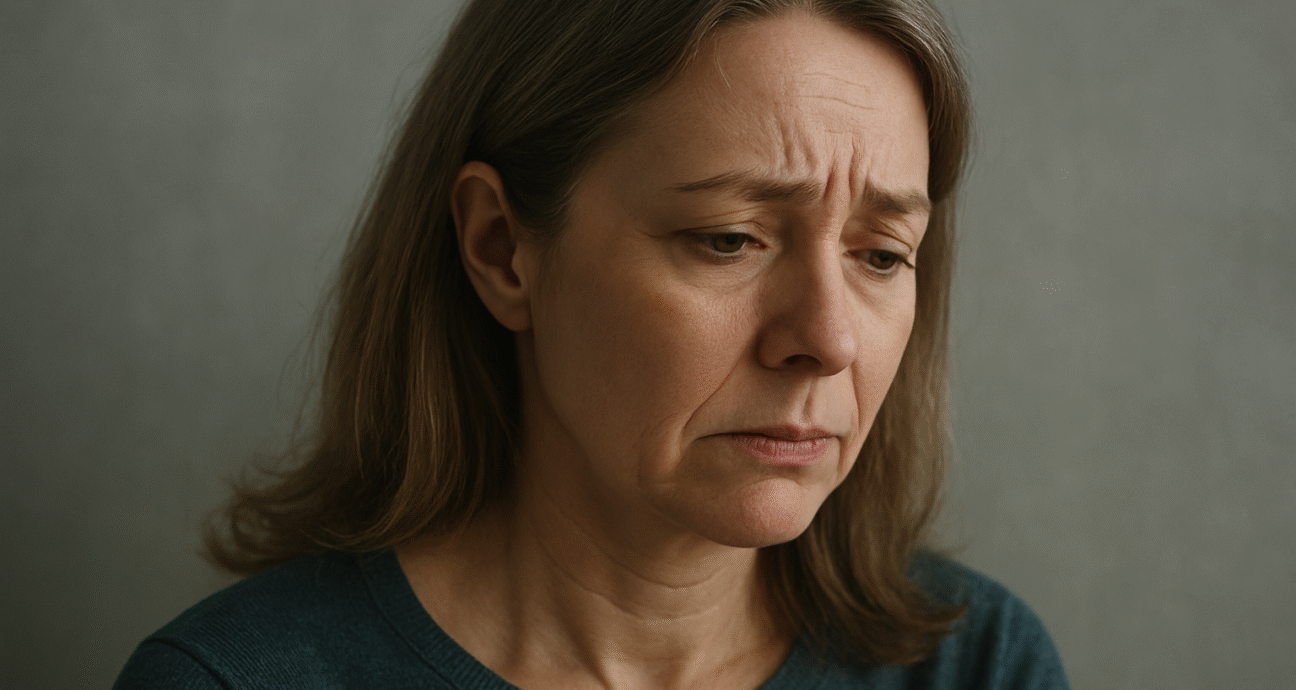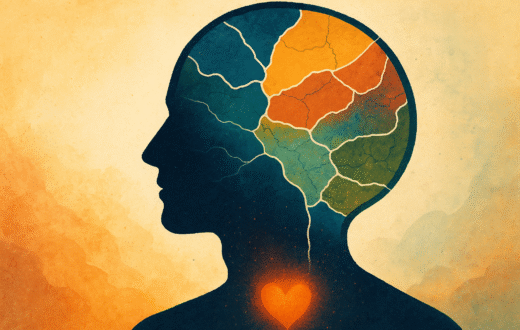Beyond Hot Flashes: Uncovering the Hidden Depression Risk in Early Menopause

While early menopause is commonly associated with physical symptoms like hot flashes and hormonal shifts, a new study sheds light on the deeper psychological impact experienced by many women. According to research published in Menopause, nearly one in three women diagnosed with primary ovarian insufficiency (POI), the clinical term for premature menopause, report experiencing depressive symptoms.
POI occurs when ovarian function declines before the age of 40, often leading to sudden fertility loss and estrogen deficiency. Alongside physical effects such as vaginal dryness, reduced bone density, and higher cardiovascular risk, many women also face emotional struggles tied to infertility, identity and lack of support. However, the emotional impact varies from woman to woman.
In this study, nearly 350 women with POI were assessed to identify factors contributing to depression. Key findings included:
- Younger age at diagnosis,
- More intense menopause symptoms,
- Grief over lost fertility, and
- Insufficient emotional support, all of which were linked to a higher likelihood of depression.
Interestingly, women with a genetic cause for POI appeared less affected psychologically, and hormone therapy showed no significant impact on depressive symptoms, highlighting that emotional and psychosocial factors play a critical role.
Night sweats, often considered a key menopause symptom, were not directly tied to depression in this study, suggesting the need for a broader understanding of mental health in POI cases.
Experts stress the importance of routine mental health screening for women with POI and call for holistic treatment approaches that go beyond hormone replacement, especially since hormone therapy, while effective for physical symptoms, is not a primary treatment for mood disorders.
“Behavioral and psychological care must be integrated into POI management” says Dr. Monica Christmas, a specialist in women’s health and menopause. “Hormones help manage symptoms, but they don’t replace the need for mental health support”.




